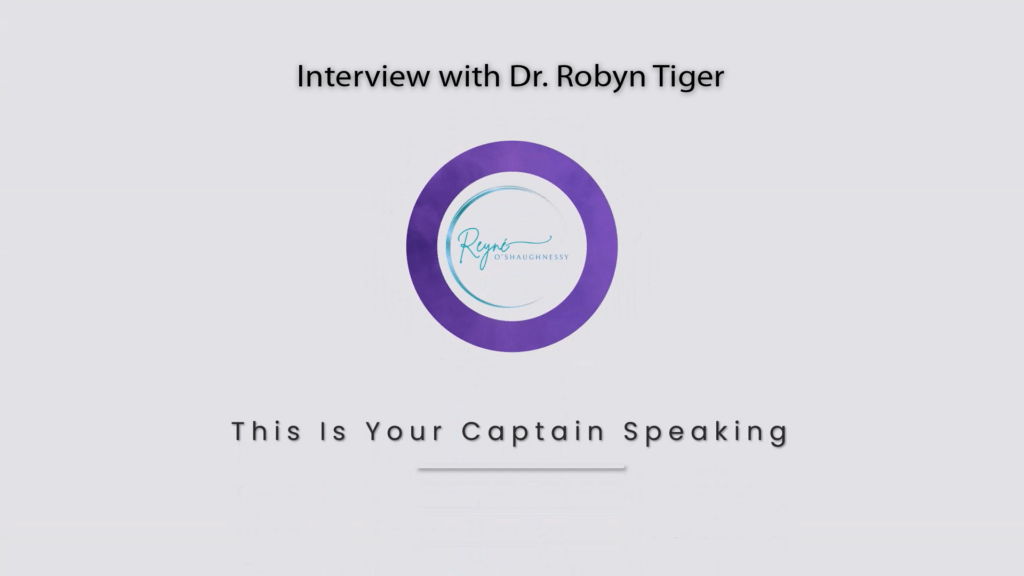Imposters: The Difference Between Novices and Experts in Aviation Mental Health
In the past month, I’ve received numerous emails, phone calls, and LinkedIn messages about the aviation health and mental health movement. We have transitioned from fearing that mentioning mental health could be a career killer to understanding that it is integral to improving aviation safety.
A few voices on social media have raised concerns about individuals monetizing pilot care for self-serving purposes. Indeed, with this increased awareness, there is an influx of individuals looking to capitalize on the movement, including those from the wellness and mental health industries and others posing themselves as such. It’s important to distinguish between those genuinely committed to improving aviation safety and those merely seeking profit.
For that reason, I’ve penned this article to help pilots discern whether the person they reach out to can genuinely help them navigate the unique challenges of the aeromedical system. The recurring theme in these communications is the emergence of imposters—individuals who suddenly claim to be experts in aviation and coaching, offering information and making noise.
But are they experts? Do they genuinely possess the in-depth experience, knowledge, and insight required to be considered true experts, or are they novices, amateurs-new to or inexperienced in the field?
As someone with credentials and an extensive background in aviation, a BS in leadership, and certification in health coaching (see my profile on LI for the complete list—https://www.linkedin.com/in/piloting2wellbeing/), I find it crucial to distinguish between those who have earned their expertise “stripes” and those who have not.
How to Tell if Someone is an Expert or an Imposter
How can you tell if this person is working to heal you as part of improving aviation safety, or are they just cashing in on the headlines? Can they put their expertise into context with the aeromedical system?
Defining Experts and Novices
Expert: An expert has extensive experience, specialized knowledge, and a deep understanding of their field.
In aviation health and mental wellbeing, an expert is someone who has:
1. Extensive Experience and Training:
Question: Does the coach/provider have years of experience working directly with pilots and aviation professionals?
Example: An expert should have a proven track record, such as flight hours, and a career spanning several decades in commercial aviation.
2. Specialized Knowledge:
Question: Does the coach/provider have an in-depth understanding of aviation, health, and mental wellbeing, including the biological, psychological, and social impacts of the aviation environment?
Example: Holds certifications like Mindfulness-Based Stress Reduction (MBSR) from reputable institutions and has a formal education in aviation and health-related fields.
3. Practical Application:
Question: Has the coach/provider developed and implemented effective health and mental wellbeing programs and interventions tailored specifically for the aviation industry?
Example: Creating programs tailored to aviation and publishing books focused on physical and mental health in aviation.
4. Professionalism:
Question: Does the coach/provider exhibit high-quality communication within the field of aviation professionals who are known for their character, honesty, and integrity and provide meaningful support?
Example: Being featured on major news platforms and serving on influential committees, like the FAA Mental Health Rulemaking Committee and CAE Human Factors Specialist.
Novice/Amateur: A novice is someone new to the field who is acquiring the necessary experience, knowledge, and skills. In aviation mental health, a novice may have:
1. Limited Experience:
Question: Does the server/provider have any training and exposure to the field of aviation?
Example: A novice might have just entered or have no subject matter experience in the aviation industry or health field.
2. Basic Knowledge:
Question: Does the person know the principles of health and mental wellbeing in aviation?
Example: A novice might have training in an unrelated field and lack specific knowledge of the aviation environment and its unique challenges.
3. Developing Skills:
Question: Is this person still on a steep learning curve, with limited practical experience in understanding and applying knowledge effectively in aviation?
Example: A novice may be at the grassroots level learning how to integrate mental health principles with aviation-specific needs.
4. Growing Professionalism:
Question: Does this person aspire to be an expert but lack the experience, knowledge, and effective communication skills, including empathy?
Example: A novice may have good intentions but is not yet equipped to provide the level of support required for aviation professionals.
The Bottom Line
Beware. Be careful who you listen to. Several individuals out there call themselves “aviators,” “advocates,” “speaking the truth,” or a self-proclaimed Messiah who knows all, but do they really?
What is driving their noise?
Until next time, let fair winds prevail!
Captain ‘O


